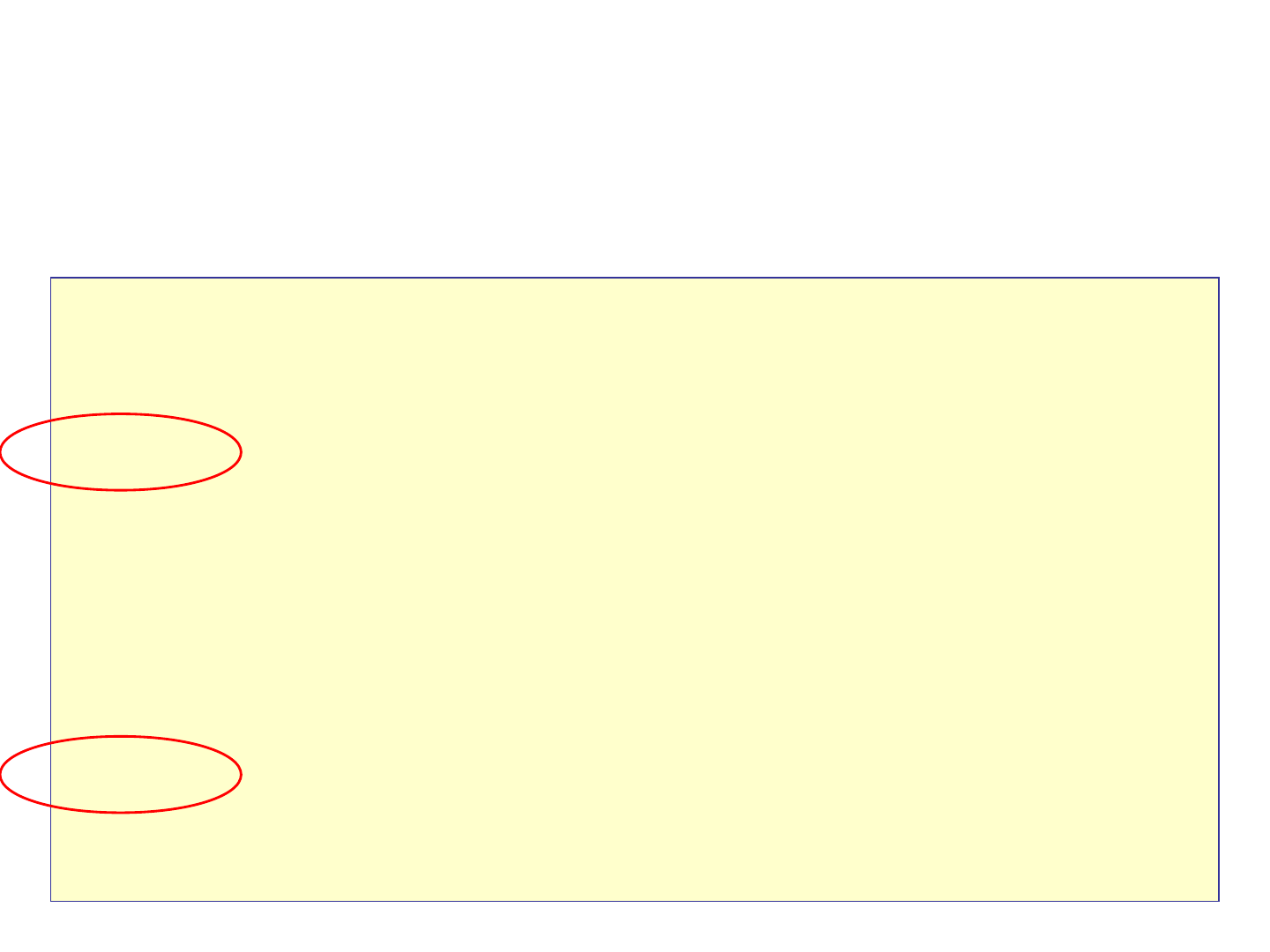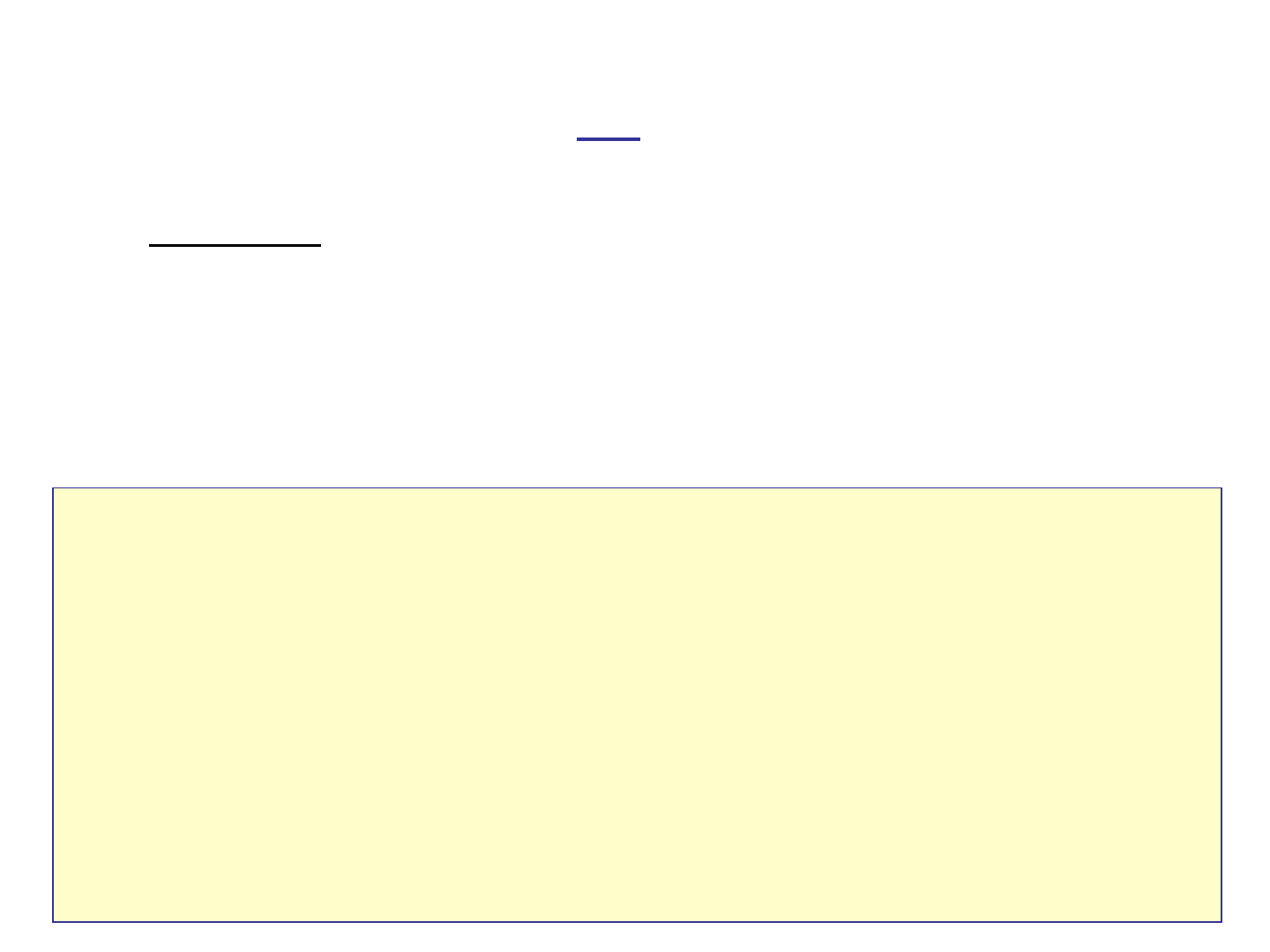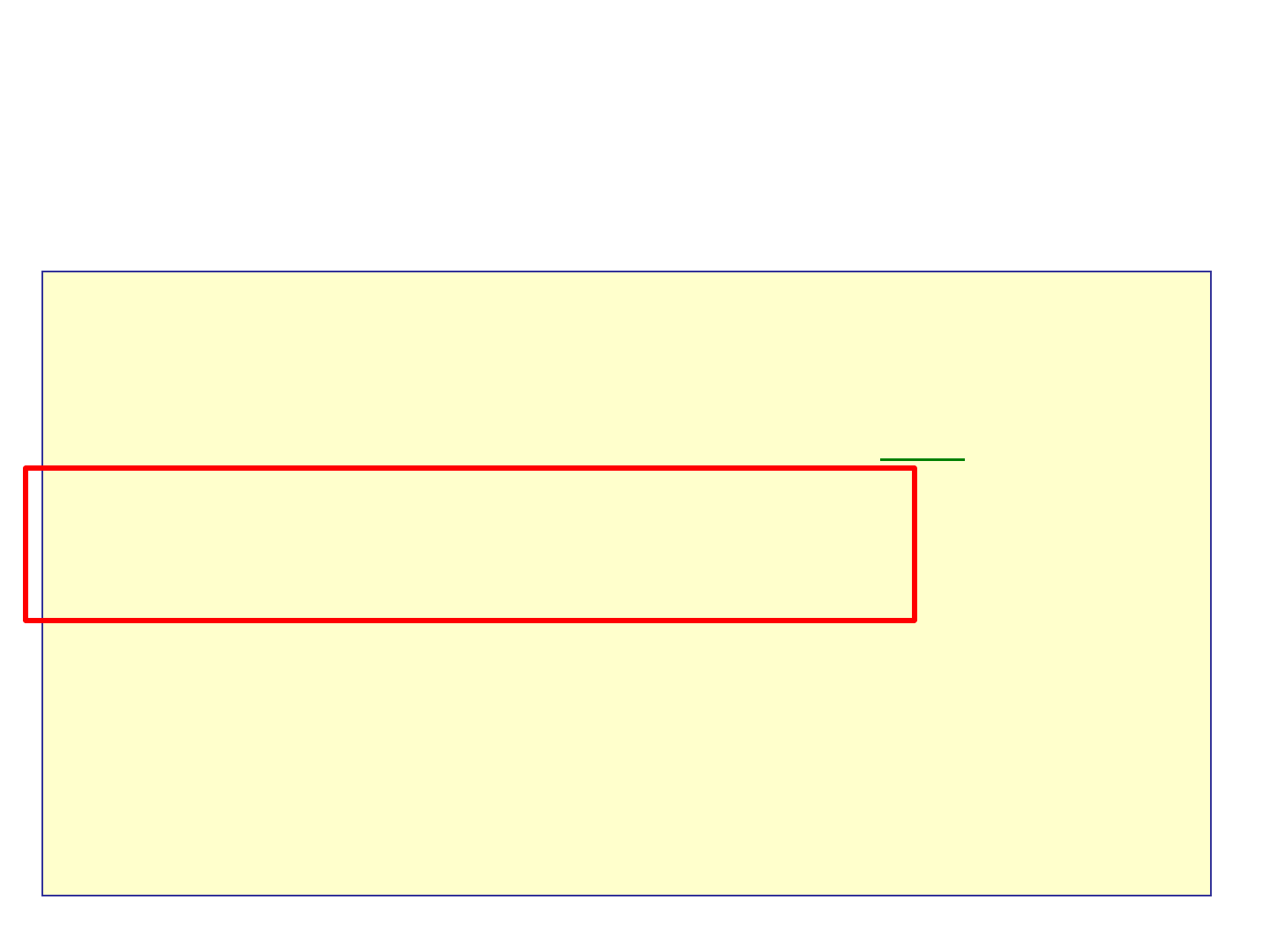
Unit Testing in Python
James Brucker

Python Testing Frameworks
We will cover these two:
unittest - part of the Python library, similar to JUnit 3
DocTest - test by example, part of the Python library
Other testing frameworks:
Py.Test - very simple "assert" syntax.
–
can also run unittest style tests
Mock objects - create "fake" external components
https://wiki.python.org/moin/PythonTestingToolsTaxonomy

unittest example
import unittest
class TestBuiltins(unittest.TestCase):
"""Test some python built-in methods"""
def test_len(self):
self.assertEqual(5, len("hello"))
self.assertEqual(3, len(['a','b','c']))
# edge case
self.assertEqual(0, len(""))
def test_str_upper(self):
self.assertTrue( "ABC".isupper() )
self.assertFalse( "ABc".isupper() )
s = "" # edge case
self.assertFalse( s.isupper() )
class extends TestCase

Run tests from the command line
cmd> python -m unittest test_module
cmd> python -m unittest module.TestClass
cmd> python -m unittest tests/test_module.py
Run all tests or just specific test. Three ways:

Other Ways to Run Tests
import unittest
class TestBuiltins(unittest.TestCase):
"""Test some python built-in method"""
def test_len(self):
self.assertEqual(5, len("hello"))
self.assertEqual(3, len(['a','b','c']))
if __name__ == "__main__":
unittest.main()
1. Let the IDE run them for you.
2. Use a test script or build tool.
3. Add a "main" script to end of your Test class...

Exercise: Try it Yourself
Test math.sqrt() and math.pow().
import unittest
import math
class MathTest(unittest.TestCase):
def test_sqrt(self):
self.assertEqual(5, math.sqrt(25))
self.assertEqual(0, math.sqrt(0)) #edge case
def test_pow(self):
#TODO Write some tests of math.pow(x,n)

Exercise: Run Your Tests
Run on the command line:
cmd> python -m unittest test_math
..
----------------------------------------------------
Ran 2 tests in 0.001s
Run with verbose (-v) output
cmd> python -m unittest -v test_math.py
test_sqrt (test_math.MathTest) ... ok
test_pow (test_math.MathTest) ... ok
----------------------------------------------------
Ran 2 tests in 0.001s

Write two Failing Tests
import unittest
import math
class MathTest(unittest.TestCase):
# This answer is WRONG. Test should fail.
def test_wrong_sqrt(self):
self.assertEqual(1, math.sqrt(25))
# sqrt of negative number is not allowed.
def test_sqrt_of_negative(self):
self.assertEqual(4, math.sqrt(-16))

Exercise: Run the Tests
Run on the command line:
cmd> python -m unittest math_test.py
..EF
===================================================
ERROR: test_sqrt_of_negative (math_test.MathTest)
---------------------------------------------------
Traceback (most recent call last):
File "test_math.py", line 10, in test_sqrt_negative
self.assertEqual(4, math.sqrt(-16))
ValueError: math domain error
===================================================
FAIL: test_wrong_sqrt (test_math.MathTest)
Trackback (most recent call last):
AssertionError: 1 != 5.0

Test Results
The test summary prints:
Ran 4 tests in 0.001s
FAILED (failures=1, errors=1)
How are "failure" and "error" different?
Failure means __________________________
Error means ____________________________

Tests Outcomes
Success: passes all "assert"
Failure: fails an "assert" but code runs OK
Error: error while running test, such as exception raised

What Can You assert?
assertTrue( gcd(-3,-5) > 0 )
assertFalse( "hello".isupper() )
assertEqual( 2*2, 4)
assertNotEqual( "a", "b")
assertIsNone(a) # test "a is None"
assertIsNotNone(a) # test "a is not None"
assertIn( a, list) # test "a in list"
assertIsInstance(3, int) # test isinstance(a,b)
assertListEqual( list1, list2 ) # all elments equal
Many more!
See "unittest" in the Python Library docs.

Skip a Test or Fail a Test
import unittest
class MyTest(unittest.TestCase):
@unittest.skip("Not done yet")
def test_add_fractions(self):
pass
def test_fraction_constructor(self):
self.fail("Write this test!")

Test for Exception
def test_sqrt_of_negative( self ):
"""sqrt of a negative number should throw
ValueError.
"""
self.assert????( math.sqrt(-1) )
What if your code should throw an exception?

Test for Exception
def test_sqrt_of_negative(self):
with self.assertRaises(ValueError):
math.sqrt(-1)
assertRaises expects a block of code to raise an
exception:

What to Name Your Tests?
1. Test methods begin with test_ and use snake_case.
def test_sqrt(self)
def test_sqrt_of_negative(self)
2. Test class name either starts with Test (Python style) or
ends with "Test" (JUnit style) and uses CamelCase.
class TestMath(unittest.TestCase)
class MathTest(unittest.TestCase)

What to Name Your Tests?
3. Test filename should start with test_ & use snake
case
test_math.py
test_list_util.py or test_listutil.py
Note:
if test file ends with _test like math_test.py then
Python's "test discovery" feature (used by Django)
won't run the tests unless you write:
python -m unittest discover -p "*_test.py"

Exercise: Test Driven Development
Write some tests for this function before you write the
function body. Just return 0:
def average( lst ):
"""Return average of a list of numbers"""
return 0

Exercise: Define Test Cases
1. Typical case: list contains a few numbers
2. Edge cases: a) list with only 1 number,
b) list with many values all the same,
c) list containing some 0 values (changes average).
3. Illegal case: empty list
What should happen in this case??**
**Hint: Python has a builtin max(list) function.
TDD forces you to think about
what the code should do.

Write the Tests
File: test_average.py
import unittest
from listutil import average
class TestAverage(unittest.TestCase):
def test_average_singleton_list(self):
self.assertEqual( 5, average([5]) )
def test_list_with_many_values(self):
# test average of many values
def test_average_of_empty_list(self):
# test that average([]) throws exception
10 minutes

Run Your Tests
cmd> python -m unittest test_average.py
FFF
-----------------------------------------
Ran 3 tests in 0.001s
FAILED (failures=3)
The test should all fail.

Exercise: Write average(lst)
Write the code for average() so it passes all
tests.
Do you feel any difference while coding?

Test involving Floating Point
def test_with_limited_precision( self ):
self.assertAlmostEqual(
2.33333333, average([1,2,4]), places=8 )
Calculations using floating point values often result in
rounding error or finite-precision error.
This is normal.
To test a result which may have rounding error, use
assertAlmostEqual

Doctest
def average(lst):
"""Return the average of a list of numbers.
>>> average([2, 4, 0, 4])
2.5
>>> average([5])
5.0
"""
return sum(lst)/len(lst)
Include runnable code inside Python DocStrings.
Provides example of how to use the code
and executable tests!
doctest
comments

Running Doctest
if ___name__ == "__main__":
import doctest
doctest.testmod(verbose=True)
Run doctest using command line:
Or run doctest in the code:
cmd> python -m doctest -v listutil.py
2 tests in 5 items.
2 passed and 0 failed.
Test passed.

Testing is Not So Easy!
These examples are trivial tests to show the syntax.
Real tests are much more thoughtful and demanding.
Designing good tests makes you think about what the
code should do, and what may go wrong.
Good tests are often short... but many of them.

References
Python Official Docs - easy to read, many examples
https://docs.python.org/3/library/unittest.html
Real Python - good explanation & how to run unit tests in IDE
https://realpython.com/python-testing/
Python Hitchhiker's Guide to Testing
https://docs.python-guide.org/writing/tests/
Examples of common testing tools
Python Cookbook, Chapter 14
How to test many common situations, including I/O

Assignment: Tests for a Stack
A Stack implements common stack data structure.
You can push(), pop(), and peek() elements.
Throws StackException if you do something stupid.
Stack
+ Stack( capacity )
+ capacity( ): int
+ size( ): int
+ isEmpty( ): boolean
+ isFull( ): boolean
+ push( T ): void
+ pop( ): T
+ peek( ): T

Stack Tests all Need a Stack
In each test we need to create a new stack (so the tests
are independent).
That's a lot of duplicate code.
How to eliminate duplicate code?
def test_new_stack_is_empty(self):
stack = Stack(5)
self.assertTrue( stack.isEmpty() )
def test_push_and_pop(self):
stack = Stack(5)
stack.push("foo")
self.assertEqual("foo", stack.pop() )
self.assertTrue( stack.isEmpty() )

Use setUp() to create test fixture
import unittest
class StackTest(unittest.TestCase):
# Create a new test fixture before each test
def setUp(self):
self.capacity = 5
self.stack = Stack(capacity)
def test_new_stack_is_empty(self):
self.assertTrue( self.stack.isEmpty() )
self.assertFalse( self.stack.isFull() )
self.assertEqual( 0, self.stack.size() )
setUp() is called before each test.

Use tearDown() to clean up after tests
class FileTest(unittest.TestCase):
def setUp(self):
# open file containing test data
self.file = open("testdata", "r")
def tearDown(self):
self.file.close()
tearDown() is called after each test. Its not usually
needed, since setUp will re-initialize test fixture.
